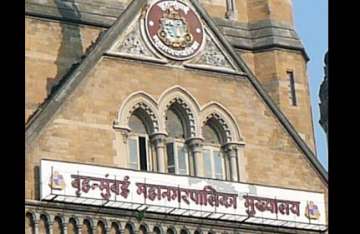One hundred and seventy years after the Father of the Indian Renaissance kicked off a movement to empower women, especially widows, the BMC was on Tuesday given a lesson in history by the Bombay high court.
A division bench of Justice F I Rebello and Justice C L Pangarkar reminded the municipal corporation of Raja Ram Mohan Roy and the 19th-century radical movement for widow remarriage while hearing an application by a widow who remarried and faced unexpected and terrible consequences.
The BMC threw her out of the job, which they they had given her on compassionate grounds after the death of her first husband (who was a civic employee). “Have you forgotten Ram Mohan Roy?'' asked the justices. “Do you expect widows not to remarry?'' the judges added. The court has now directed the municipal corporation to file an affidavit to justify its “discriminate rule''.
Jenny D'Souza (name changed to protect identity), a city resident, was given employment by the BMC on compassionate grounds after the death of her husband who was on the corporation's rolls. They also made her sign an undertaking that she would look after the couple's three children and her mother-in-law.
Subsequently, Jenny remarried and the BMC sacked her from service. The corporation pointed to a rule which said that a widow given a job on compassionate grounds could not be retained in employment once she remarried. Her lawyers challenged the rule as discriminatory, saying that it violated the fundamental rights guaranteed by the Constitution.
The BMC's advocate pointed out that Jenny herself had signed the undertaking and was bound by it. The petitioner's advocate, however, contended that an undertaking that barred a person from marrying or remarrying was void under the Contract Act.
He added that Jenny had been out of a job for the last two years and was finding it difficult to make ends meet.
The BMC has been given two weeks to justify its norms.
Latest India News

